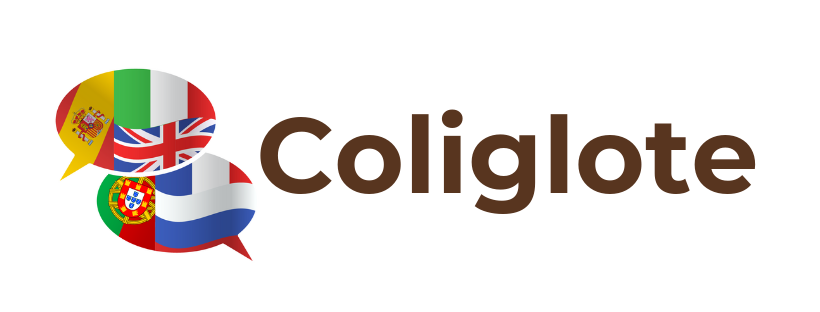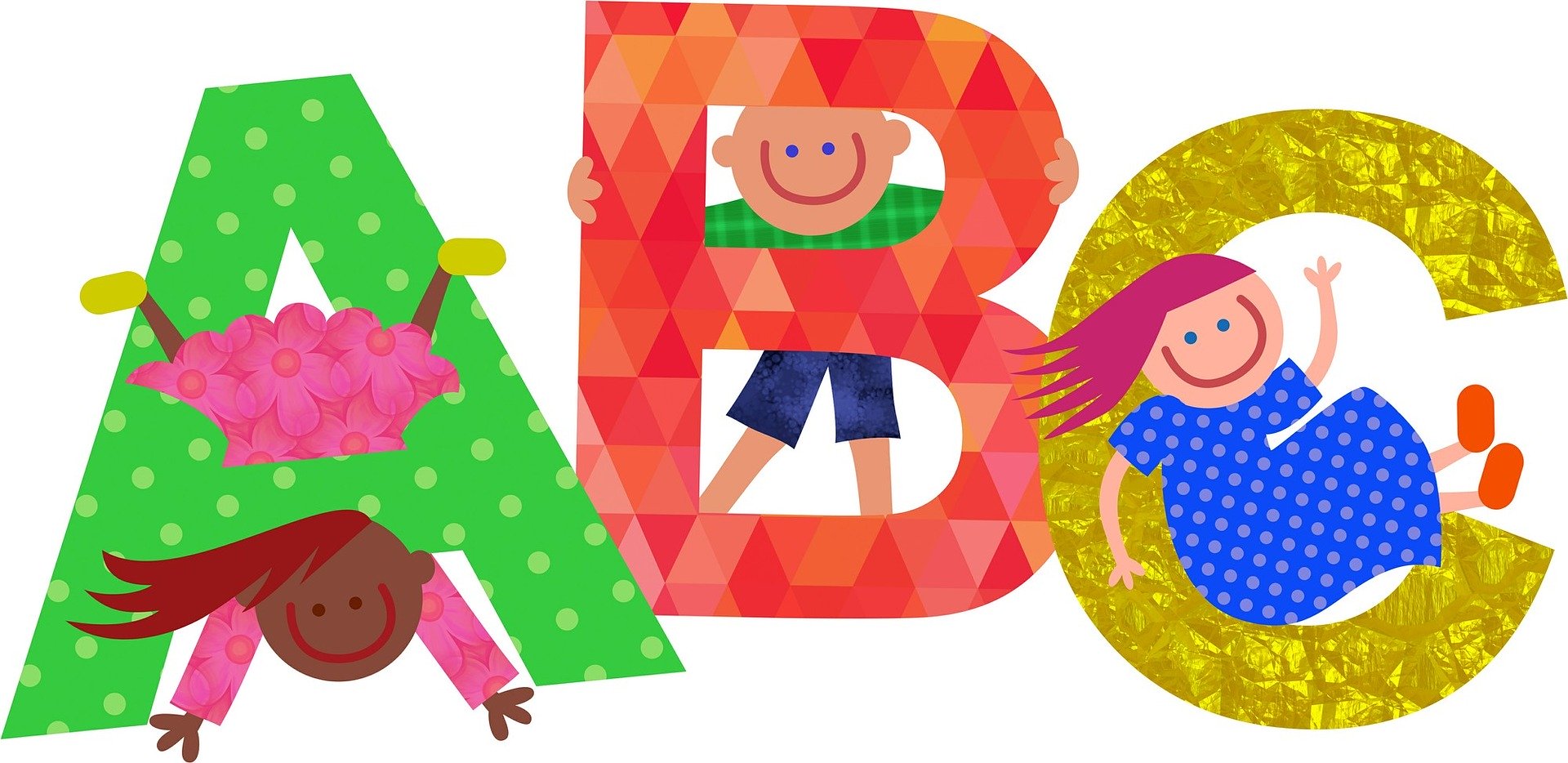“The mother tongue is a jewel. “It is through it that we build a sense of the world around us. It is the fundamental foundation on which other languages can be built. That is why it is imperative that the mother tongue be valued, developed and supported:
How important is the mother tongue?
“The mother tongue is a jewel. It’s really the foundation from which you learn not to speak in a language, but to speak at all.
The mother tongue, that is to say, the one that serves as an initial reference, is the one that gives us security, that makes us want to speak, to interact with the world and that gives us the security to do so. So the mother tongue is a sort of pivot that we all need to be able to invest our words, to invest our actions in the world through words.

This mother tongue is the one that allows us to integrate language in all its dimension.
And so we learn to speak in a particular language, and it is this particular language that we call mother tongue, but it can also be the language of the father or the language of those around you, who carry you, who take care of you at that time. The notion of mother tongue is more to say that it is the one that is the matrix, which gives you emotional security, cognitive security and also relational security.
So this mother tongue is a jewel, it’s a treasure, you have to keep it inside you, you have to value it, you have to consider that it’s really the most important thing to be able to learn to be a speaking being. And above all to desire to be a speaking being. »

Thanks to Marie Rose Moro
Pédopsychiatre à la Maison de Solenn, Paris
Why is it necessary to develop the mother tongue?
“There are two sets of reasons. There’s one I’ll skip over quickly, but we always think about, and that’s reasons of, let’s say, identity. The mother tongue is a very deep, deeply rooted element of identity. And it’s certainly always a question of knowing where you come from and, above all, of being able to keep in touch with the part of your family that uses that language on a daily basis, let’s say, if only to keep in touch. »
And the second reason?

“The mother tongue is the first experience the child has of language, it is the first way he learns to construct meaning. And it should not be hindered. It is more serious to hinder the development of the mother tongue than to prevent left-handed people from using their left hand, for example. It involves greater intellectual and cognitive problems. And at the same time, it implicitly teaches that multilingualism is an area of conflict in which the child would be on the losing side because he or she doesn’t have the right language to begin with.
If we introduce the second language on the basis of the first language, i.e., taking into account the child’s habit of constructing meaning, we will end up constructing balanced bilinguals that will be good in language. And that is absolutely essential. »

Thanks to Michel Launay,
Professeur honoraire de linguistique à l’Université Denis-Diderot Paris 7

